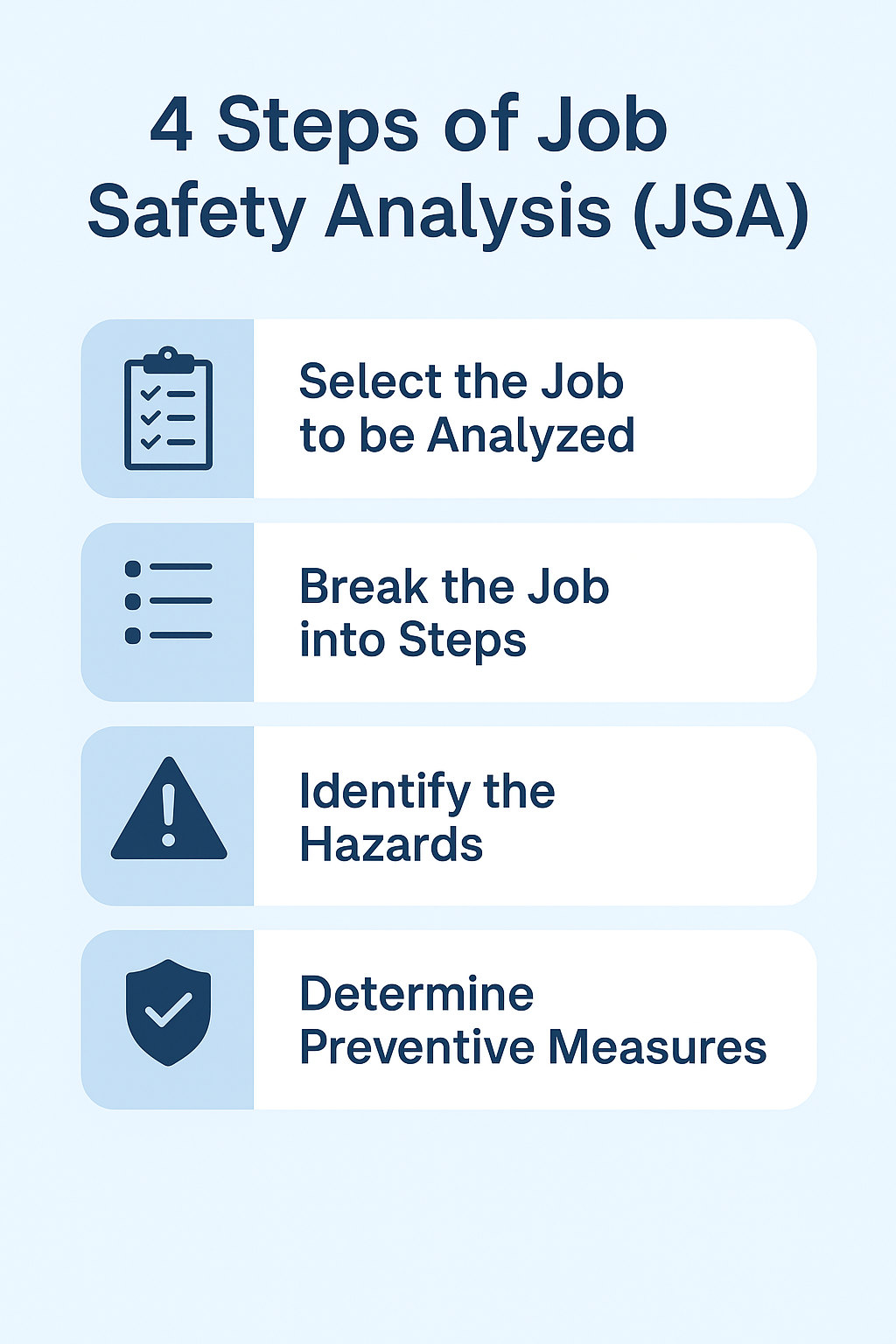
Risk Assessment Training: Safeguarding Your Business with Knowledge
Introduction
Risk Assessment Training : In today’s dynamic business landscape, risk assessment has become a critical component of any successful organization’s strategy. Understanding and managing risks can prevent potential disasters, financial losses, and reputation damage. This article delves into the significance of risk assessment training and its invaluable role in safeguarding businesses.
The Basics of Risk Assessment
What is Risk Assessment?
Risk assessment is the process of identifying, analyzing, and evaluating potential risks that could negatively impact an organization’s objectives. It involves assessing both internal and external factors that may lead to disruptions in operations, financial setbacks, legal issues, or other adverse outcomes.
Why is Risk Assessment Important?
Effective risk assessment provides several benefits, including proactive decision-making, enhanced risk awareness, improved resource allocation, and the ability to mitigate potential threats before they escalate. It is a crucial tool for businesses to maintain resilience in the face of uncertainties.
The Process of Risk Assessment
1. Identification of Risks
This initial step involves recognizing all possible risks that a business might encounter. These risks could range from operational and financial risks to regulatory and market risks. Comprehensive identification sets the stage for effective risk management.
2. Risk Analysis
Once risks are identified, they need to be analyzed. This involves assessing the potential impact and likelihood of each risk materializing. The analysis helps prioritize risks and allocate resources more efficiently.
3. Risk Evaluation
In this phase, the assessed risks are evaluated based on predefined criteria. Risks are categorized by their severity and likelihood, enabling businesses to focus on high-priority risks that demand immediate attention.
4. Risk Treatment
Risk treatment involves developing strategies to manage, mitigate, or transfer identified risks. It may include implementing preventive measures, creating contingency plans, or acquiring insurance coverage to reduce the impact of potential risks.
The Role of Risk Assessment Training
Equipping Your Team
Proper training in risk assessment is essential for equipping employees with the skills to identify, assess, and manage risks effectively. This training empowers them to contribute to the organization’s risk management process and promotes a culture of risk-awareness across all levels.
Enhanced Decision-making
A well-trained team can make informed decisions that consider potential risks and rewards. With a deep understanding of risk assessment, employees can weigh options more effectively, leading to decisions that align with the organization’s long-term goals.
Regulatory Compliance
In many industries, compliance with regulatory standards is paramount. Risk assessment training ensures that your organization remains compliant with relevant regulations, avoiding costly penalties and legal troubles.
Protecting Reputation
Public perception is crucial for any business. A robust risk assessment strategy, coupled with proper training, minimizes the likelihood of negative events that could tarnish the organization’s reputation.
FAQs About Risk Assessment Training
- Is risk assessment training only for large businesses? Risk assessment training is valuable for businesses of all sizes, as every organization faces potential risks that could impact their operations.
- Can risk assessment eliminate all uncertainties? While risk assessment can’t eliminate all uncertainties, it can significantly reduce the impact of potential risks by providing proactive strategies.
- How often should risk assessment training be conducted? Regular training sessions are recommended, especially when there are significant changes in the business environment or operations.
- Is risk assessment a one-time process? No, risk assessment is an ongoing process that should be periodically reviewed and updated to account for new risks and changes in the business landscape.
Hazard Identification and Risk Assessment (HIRA)
Risk Assessment in Health and Safety
NEBOSH Risk Assessment Example
Task Risk Assessment (TRA) – 2023
Conclusion
In an ever-changing business world, risk assessment training is not just an option; it’s a necessity. By fostering a culture of risk awareness and arming employees with the skills to identify and manage risks, businesses can navigate uncertainties with confidence. Remember, being prepared today can save your business from potential setbacks tomorrow.
























